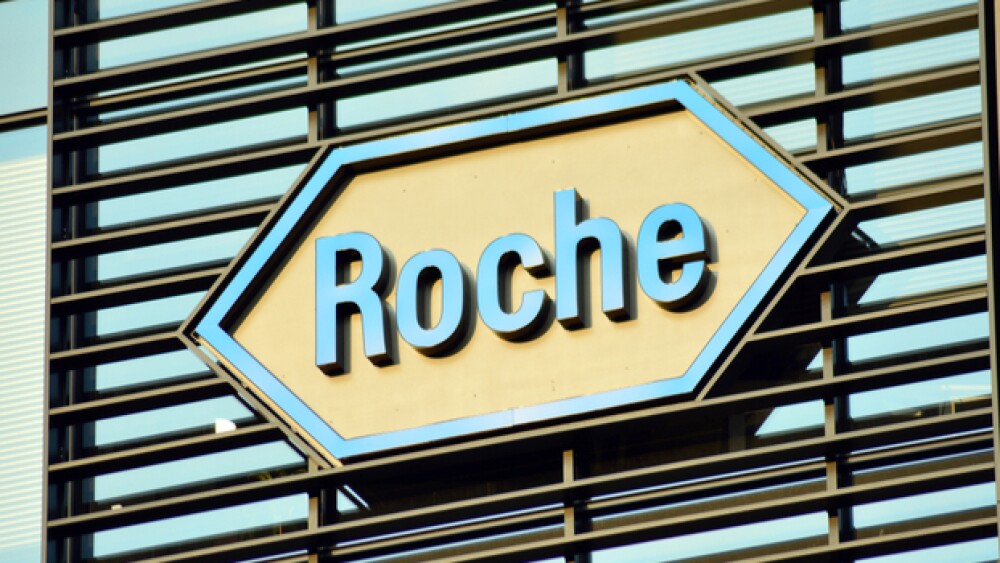The companies said they planned to give the government additional time to review the deal. This is the third delay.
Grand Warszawski / Shutterstock
Swiss pharma giant Roche said it has pushed back its planned timeline for the acquisition of Spark Therapeutics in order to provide the U.S. government additional time to complete its review of the proposed $4.8 billion transaction.
Roche and Spark planned to file their respective Premerger Notification and Report Forms on May 9 but agreed to delay that until May 23. If all goes well, Roche said its acquisition of the gene therapy company could be completed by June 7. The company did note that the acquisition could be completed earlier if the government grants “early termination” of the waiting period. In a brief statement, Roche and Spark said that the regulatory review of the transaction is ongoing and all parties are working with the government to facilitate that process.
In the announcement, Roche and Spark did not provide specifics as to why the government needs additional time to review the proposed deal. The acquisition is governed by the antitrust Hart-Scott-Rodino Act of 1976. The latest delay marked the third such delay since Roche initially announced its $4.8 billion bid for Spark Therapeutics in February. The companies planned to file the premerger notification in March, then delayed that until May 9 before extending it until May 23.
The February deal for Spark set a share price for Spark at $114.50. Spark is the first biotech company that has successfully commercialized a gene therapy for a genetic disease in the United States. In December 2017, the U.S. Food and Drug Administration gave the green light to Spark for Luxturna (voretigene neparvovec), a gene therapy for a rare, genetic form of blindness. At the time of its approval, FDA Commissioner Scott Gottlieb said gene therapy will become “a mainstay in treating, and maybe curing” many diseases.
Since the approval of Luxturna, Spark has also been advancing an impressive gene therapy treatment for hemophilia A. In August 2018, the company released mid-stage data that showed a one-time treatment yielded a 97 percent response rate in reduced bleeding events in patients. Updated data provided at the American Society of Hematology meeting in December continued to demonstrate a strong response from patients, as well as a strong safety profile, the company said. This is expected to complement Roche’s hemophilia treatment Hemlibra. A 2018 approval for a second indication makes Hemlibra the only prophylactic treatment for people with hemophilia A with and without factor VIII inhibitors that can be administered subcutaneously and also includes a dosing regimen up to once every four weeks.





